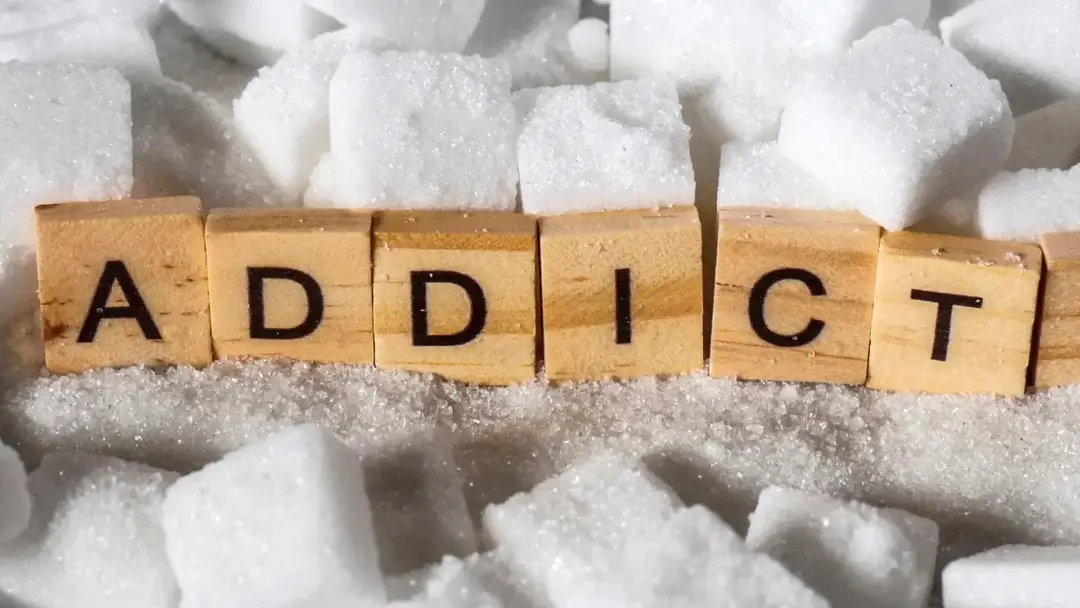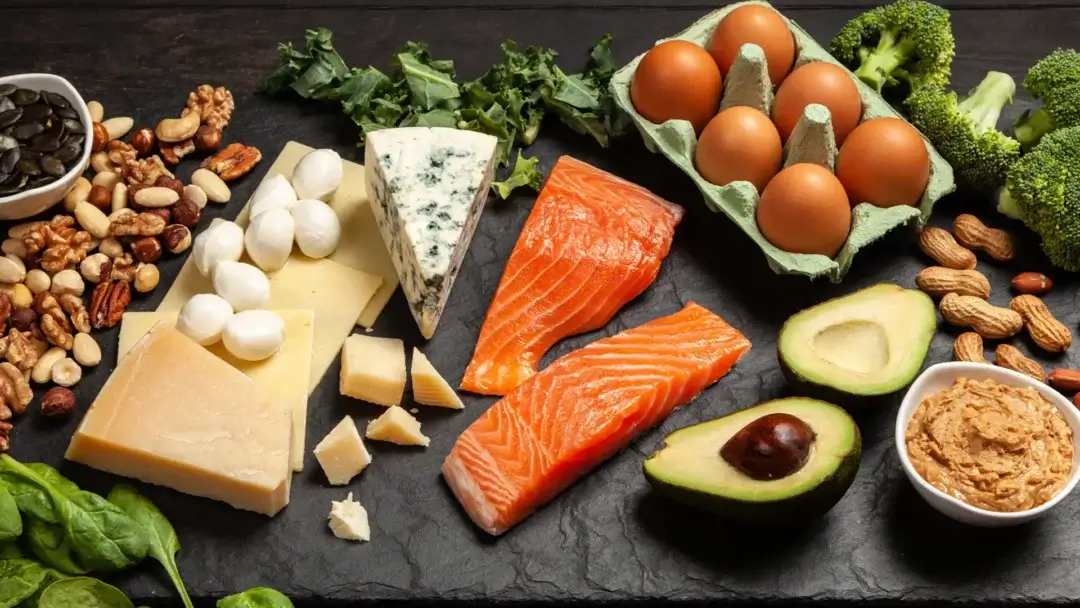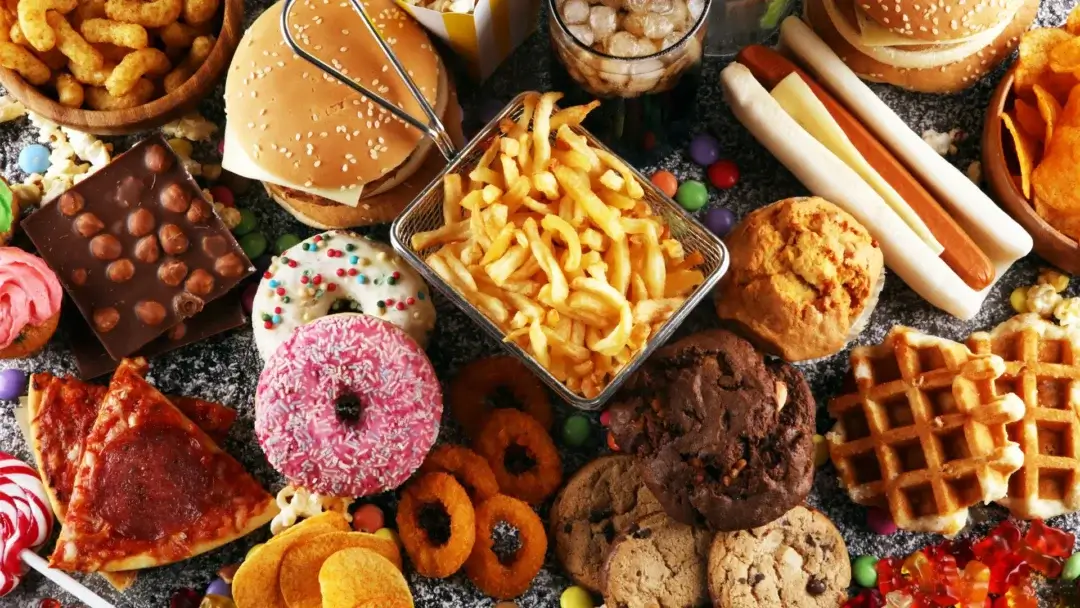Hi, I’m Jaye, and I’m an ultra-processed food addict.
“Hi, Jaye.”
I’ve been working on healing my relationship with food through diets, personal training, therapy, and even going to Overeaters Anonymous. I thought a 12-step approach would be most effective because it was more about the mind and the spirit than the body. I’d also felt in my bones that I had some true addiction issues with food. Weight loss would become a side effect of healing that issue in my mind and soul. It was a lovely concept, but I ultimately didn’t stay for long.
Overeaters Anonymous: What Worked and What Didn’t
However, the meetings taught me a lot, especially just how many of us battle sugar and ultra-processed food (UPF) addictions. A common thread of abstinence among members was to cut those substance-like food products out of their lives. Those who managed to abstain this way lost weight, silenced the “food noise,” and seemed far happier, healthier, and balanced than the “everything in moderation” crowd. Personally, I thought they were unicorns. A life without sugar and fast food? No, thank you. But obviously, this stuck with me. Because here I am, slowly moving towards a lifestyle like those magical creatures.

Sugar Addiction: Is It All in My Head? | Photo Credit: Adobe Stock
The Eye-Opening Truth About Food Addiction
Anti-Establishment Nutrition
I know I sound a bit like a conspiracy theorist and will likely get some backlash for saying these things out loud, but it all tracks with my personal food issues. I don’t judge anyone who can eat these foods without getting triggered into an addictive cycle of self-harm; to be honest, I kinda envy them! My health choices are my own, and I’m here to share, not to preach or convert.
But why does society commend individuals abstaining from alcohol or drugs yet judge those who cut out certain foods? Is abstinence an eating disorder, or is it self-discipline and making better choices for my addictive brain chemistry? The hypocrisy is rampant among dieticians, therapists, and doctors, and this enabling is happily fueled by the food industry’s marketing and government policies.

A Therapeutic Diet | Photo Credit: Adobe Stock
Methods and Madness
A Life (Mostly) Without Processed Foods: My Results

UPFs – There Be Dragons | Photo Credit: Adobe Stock
Real Food Is Not the Problem
And FWIW, if my mom makes an incredible homemade dessert with all the love in her heart, or my dear friend offers me her amazing homemade sourdough bread, I’m gonna eat it. I’ll still eat a yummy basket of fresh cheese curds at the pub and drink a beer during a Packers game. But with caution, awareness, and utmost respect—which is how I should have approached those indulgences all along! I will know to be on the lookout for cravings for a few days after—much like a hangover—and just… be careful and don’t give in. I have a feeling after years of practice, the occasional indulgence won’t make me fear I’ll be “falling off a wagon,” but for now, I must proceed with an abundance of caution.
“Let food be thy medicine and medicine be thy food.”
Could it be that simple?
Yes, it’s simple and complex. Food is simple, but addiction is complex. The industry has complicated our collective relationship with food enormously. Eating whole foods never did this to us.
Stay tuned—I will document this experiment and look forward to sharing the journey!
Thank you for listening! 💖
~J.
Let’s Talk About It!
Share Your Thoughts and Experiences
I’d love to hear your stories and tips. Comment below to join the discussion, or share this post with someone who might find it helpful and interesting. Let’s navigate these tricky waters together!
Stay Connected
If you’re curious about how my journey progresses beyond this Substack blog, please follow me on social media or subscribe to my YouTube Channel. I promise to keep you updated with both the challenges and victories along the way. 🥰



0 Comments